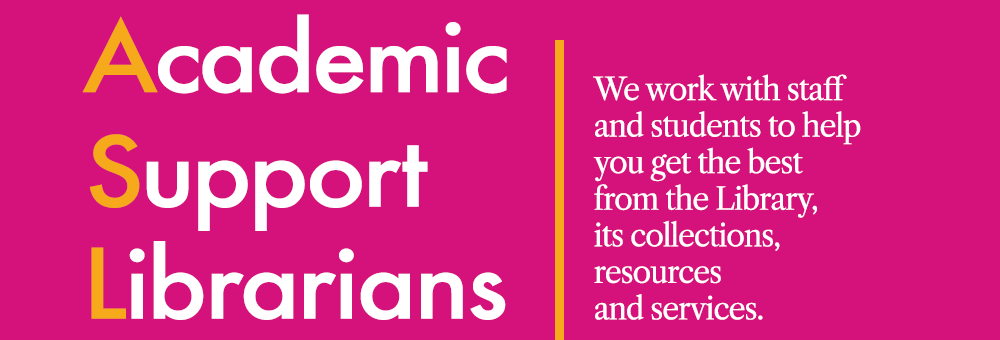
I was privileged to attend the BETH = Bibliotheques Europeennes de Theologie conference in Stavanger, Norway, 20-23 September 2025, which had the theme of exploring AI’s role in Theological libraries. I really appreciated the practical nature of many of the papers in this conference, which highlighted projects and processes using AI that had been implemented in libraries. I also felt that there was also a second theme or undercurrent, that of highlighting the human value of libraries and the books they contain.

View down into Stavanger
Before we dived into AI, there was a walking tour of Stavanger, starting at Stavanger Cathedral, the oldest cathedral in Norway at 900 years old. Stavanger is located in what is known as the ‘Bible Belt’ of west and south Norway, and used to be called the mission city of Norway because it sent out so many missionaries. I was impressed by several richly detailed epitaphs with paintings of the deceased with their family. Our tour also took in St Peter’s Church, a more ‘regular’ Norwegian church, where a rehearsing worship band created an atmospheric visit. Our last ‘church stop’ was at a historic ‘prayer house’, an upstairs room used as a meeting room by non-conformist churches that sprang up after the Dissenter Act in 1845 allowed Christian gatherings other than the established Church of Norway. Today it is used as a youth church meeting place by the Church of Norway. Our tour took in Stavanger’s streets of painted wooden houses, harbour and hilltop views. We ended up at the conference location, VID Specialised University, where we were greeted by lovely Norwegian waffles and coffee.

Historic epitaph, Stavanger Cathedral
The first day of the conference closed with a film showing of Le Poids des livres : la bibliothèque de Port-Royal. In preparation for the Bibliothèque de Port-Royal’s move to new premises in 2022-23, two filmmakers, Camille de Chenay and Adrien Pierre, followed the life of the library for six years. The documentary film that resulted is a love song to the library and a powerful piece of advocacy about the value of the library and the human stories it holds and creates. It’s not currently available on YouTube as it’s being shown at film festivals but it should be in the future – I really recommend that you watch it!

Historic Mission school building, VID Specialized University
Hannah Pope from VID Specialised University kicked off the papers about AI by exploring the role of the librarian. She suggested that we may feel saturated by suggestions about AI, and be struggling between knowing that it is important but also hearing that it is problematic. AI is a tool – or rather, a whole bunch of them – but the difficulty is that we may not be able to pick up and put down that tool at will. It’s appearing all the time in our environment, in a “gold rush” of AI not necessarily in our control. Ignoring AI is no longer an option. We are still in the early stages of understanding AI, and it is similar to the advent of the World Wide Web, so it could be argued “That all turned out fine.” But AI – Gen AI – is an explosion, of bots, deep fakes, and disinformation. Often in the library we’re expected to be ambassadors for AI, but often conversations around AI lack nuance and understanding of the complexities – there is a role for the information professional here. Librarians are ideally positioned to have a foot in both camps, to challenge and adopt.







